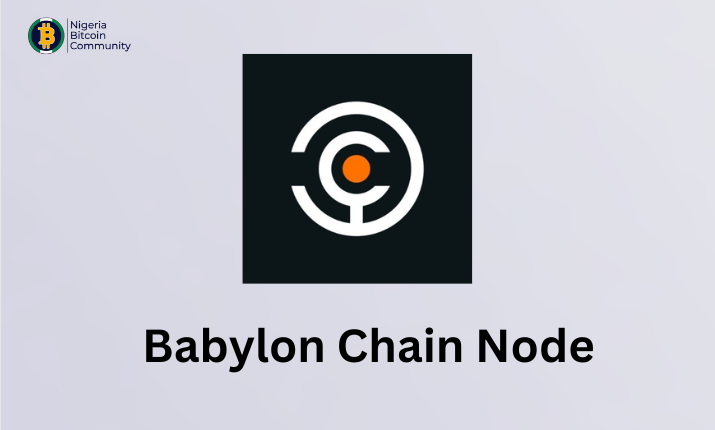This post is on how to make up to $15,000 in airdrop by setting up and running a Babylon Chain test node step by step.
Babylon Chain is a new project on the Cosmos Network.
It seeks to leverage Bitcoin’s security to protect PoS blockchains.
In this post, I will show you, step by step, how you can set up a Babylon Chain test node.
Let’s dive in.
How To Set Up The Babylon Chain Node
The first question we need to answer is: Why do we need to set up a test node?
If you are farming airdrops for a project that has its own chain, test node operators receive the most airdrops.
For reference:
- $TIA test node operators received over $10,000
- $GRT over $25,000, and
- $MINA over $80,000
While users other test users received less than $2,000.
And this was all before the tokens started pumping.
Project developers need test node operators to enable them to test their project for any vulnerability before going mainnet.
And they are willing to reward handsomely for that.
Babylon Chain aims to enhance the security of Cosmos zones and other PoS chains by leveraging the security of Bitcoin.
Babylon has already raised $18 million from VC, including Polychain Capital, Hack VC, OKX Ventures, and a host of others.
With Babylon Chain, Bitcoin holders can earn yields from their idle Bitcoins in a secure way: no third party, no Bitcoin bridging to any other chain.
Bitcoin holders simply lock their bitcoins in a self-custodial way to gain the rights to validate PoS chains and earn yields as a return.
This is huge and has not been done before, considering that bitcoins remain the most secure and decentralized network.
If Babylon successfully goes Mainnet, the airdrop to test node operators could be worth $10,000 to $20,000 at the initial price of the token.
Before we get to the steps, let’s look at what is needed to set up the node.
The system requirement for running a Babylon node is:
- 4 CPU Cores
- 8 GB Ram
- 50 GB NVMe or 200 GB SSD.
You might not necessarily get a physical system with this requirement because even if you get it, you might not be able to keep your system online 24/7.
So the first thing we need is a:
- VPS (Virtual Private Server)
- Contabo – $12.5 per month (and a setup fee of about $8)
- Aeza – $25 per month
- Klein
NB: You can use Putty here, too, but for this post, I worked with Klein. This is because using Putty involves inputting many codes, and one might go wrong doing that. - Computer
- Windows
- Mac
- Discord
- Node Name
Now, to the steps:
Step 1
Create an account with a VPS provider and purchase a VPS with the required specifications.
Choose Ubuntu 20.04 for your VPS and obtain your VPS IP address and password.
Step 2
Go to klein.run.
Download and install Klein on your computer.
Step 3
Load Babylon node to VPS using Klein
Step 4
Send test funds to the wallet using Discord.
!faucet “wallet Address”
Step 5
Wait for the airdrop announcement.
So, this is how you set up a Babylon Chain test node.
You can also check out my video on it on YouTube.
Kindly note that this post is not financial advice.
There are no guarantees in crypto.
As such, always do your research.
Leave me your questions in the comment section below.
Till my next post, hodl on!



Hey!
When is the best time to run this node, is it late for new entry?
Hello Olalekan,
I don’t think it’s late yet.
You can still get in now.